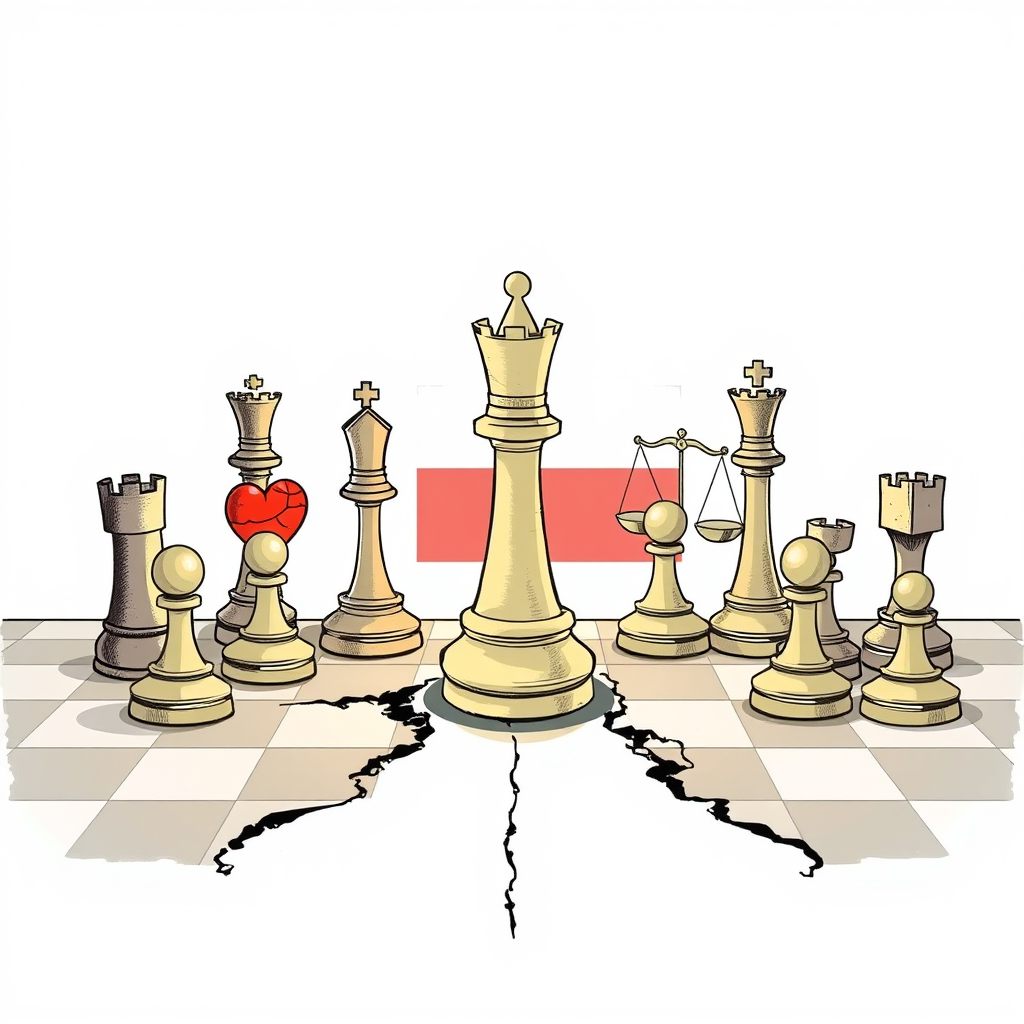Poland’s New President Shifts Nation to the Right

Poland’s recent presidential election has delivered a significant blow to Prime Minister Donald Tusk’s reform agenda and signals a potential shift to the right for the nation. Karol Nawrocki, a historian with no prior political experience, narrowly won the runoff election, setting the stage for a contentious relationship with Tusk and a likely obstruction of key policy initiatives. This outcome, following a pattern of anti-establishment victories globally, underscores growing voter frustration with economic pressures and the ongoing refugee situation.
Nawrocki’s victory empowers him to veto Tusk’s plans to liberalize abortion laws and overhaul the judicial system – reforms demanded by the European Union to address concerns about democratic backsliding under the previous Law and Justice (PiS) party. However, his influence extends beyond simply blocking legislation. He’s poised to exploit divisions within Tusk’s governing coalition, particularly among conservatives in the Polish People’s Party, further complicating the Prime Minister’s ability to govern effectively.
The election results leave Tusk weakened, and highlight a growing disconnect between his government and the concerns of many Poles. Rising living costs and the presence of approximately 2.5 million Ukrainian refugees are fueling discontent, despite widespread support for Ukraine’s defense against Russia. Public opinion has demonstrably shifted, with support for accepting Ukrainian refugees plummeting from 81% in early 2023 to just 50% in March, according to a recent poll. This sentiment will undoubtedly be leveraged by Nawrocki to undermine Tusk’s policies and bolster support for right-wing parties in the 2027 parliamentary elections.
While Tusk survived a recent no-confidence vote and is attempting to recalibrate his government by streamlining ministries and prioritizing popular social policies, these are largely reactive measures. He’s attempting to placate coalition partners and address economic anxieties, while simultaneously navigating the constraints imposed by the new President. Tusk’s move to temporarily suspend the right to asylum, aligning his government with traditionally far-right positions on immigration, demonstrates the extent to which he’s been forced to adapt.
However, these tactical adjustments are unlikely to fundamentally alter the political landscape. Tusk’s base expects progress on issues like abortion rights and the restoration of rule of law, promises that will be difficult to fulfill with Nawrocki in office. The new President, while not possessing direct legislative power, will wield significant influence by aligning himself with figures like Donald Trump and Viktor Orbán, and by consistently questioning the direction of the European Union.
This alignment will likely create friction on key foreign policy issues, particularly regarding Ukraine. While Nawrocki supports Ukraine’s defense, he opposes its potential membership in the EU and NATO, and is likely to advocate for reduced aid to Ukrainian refugees in Poland. This stance, while potentially resonating with a segment of the Polish electorate, could further complicate the international effort to support Ukraine and raise questions about Poland’s long-term commitment to European integration.
The election serves as a stark reminder that political outcomes have consequences. Nawrocki’s presidency promises a period of heightened political tension and a significant challenge to Tusk’s reform agenda, potentially reshaping Poland’s domestic and foreign policy trajectory for years to come.